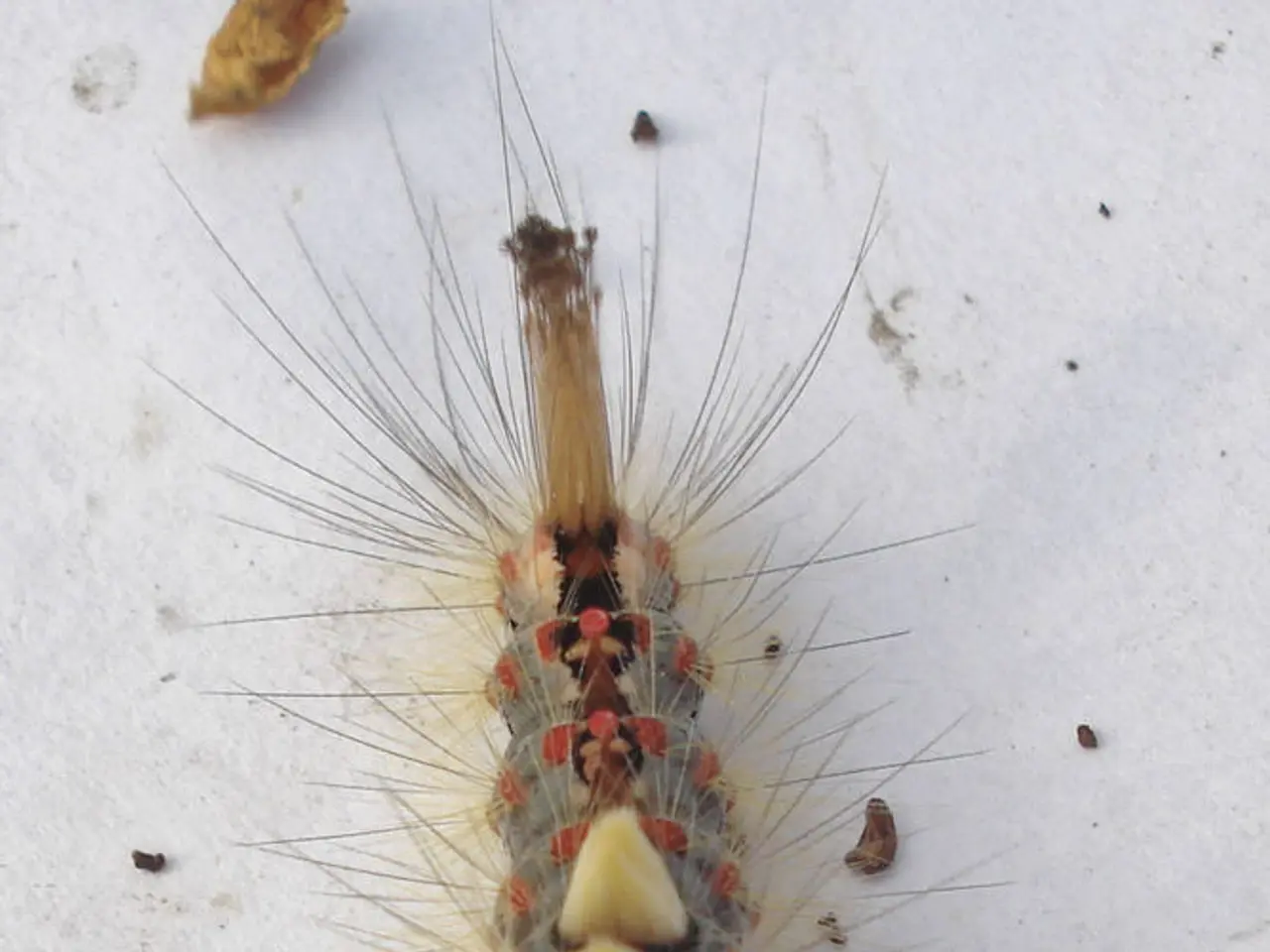Japanese Researchers Discover Rogue Cells That Reduce Lung Inflammation
In a groundbreaking development, a research team based in Tokyo, Japan, has identified a significant role of basophils, a type of immune cells, in the recovery phase of Acute Respiratory Distress Syndrome (ARDS). This discovery, published in the European Respiratory Journal, offers a promising new avenue for treatments targeting these immune cells.
ARDS is a serious condition that occurs in severe pneumonia and similar conditions, often requiring mechanical ventilation. The fatality rate for ARDS can reach 30 to 50 percent, underscoring the urgent need for effective treatments.
The research, led by associate professor Kensuke Miyake, involved the use of mice that exhibited ARDS-like symptoms. The team observed the recovery process and found that basophils accumulate in the lungs during recovery and secrete interleukin-4 (IL-4), a cytokine that helps alleviate lung inflammation by suppressing neutrophil activity.
Basophils, which are usually labeled as "villains" in atopic dermatitis and asthma, were found to play a crucial role in recovery from ARDS. The findings suggest that basophils may be essential in resolving lung inflammation in ARDS. In mouse models where basophils were depleted or their IL-4 production was blocked, inflammation persisted, and symptoms worsened.
Basophil-derived IL-4 acts directly on neutrophils, reducing their pro-inflammatory mediators and promoting apoptosis, thus facilitating tissue recovery. These insights challenge earlier views that basophils primarily contribute to inflammatory damage, instead showing they have a reparative function in ARDS.
Currently, ARDS treatment is largely supportive with mechanical ventilation; no effective pharmacological therapies specifically targeting inflammation resolution are approved. This discovery opens a promising path for developing drugs that harness basophil-IL-4-mediated pathways to reduce lung inflammation and enhance recovery.
The research team's findings highlight the translational potential for new therapeutic strategies that activate or mimic basophil functions or IL-4 signaling to improve outcomes in ARDS patients. Further clinical research is needed to translate these findings into human therapies.
It's important to note that basophils are present in very small numbers in the blood, but their role in ARDS recovery may lead to new treatments for this life-threatening condition. The discovery of basophils' role in ARDS recovery is a significant step forward for the medical community in understanding and treating ARDS.
The findings suggest that basophils, which were previously viewed as contributors to inflammatory damage in conditions like atopic dermatitis and asthma, may actually be essential in resolving lung inflammation associated with medical-conditions such as Acute Respiratory Distress Syndrome (ARDS). This discovery could potentially pave the way for new treatments in science, focusing on activating or mimicking basophil functions or IL-4 signaling to improve health-and-wellness outcomes for ARDS patients.




